
Examples: Soil health, habitat & water management manure-to-RNG digestors; on-farm solar energy; feed additive trials; etc.


Examples: Soil health, habitat & water management manure-to-RNG digestors; on-farm solar energy; feed additive trials; etc.

Examples: Farm assurance programs; compliance monitoring & consulting services; human rights assessments; etc.

Examples: LED lighting: 3rd-party animal welfare audits; anaerobic lagoons, Al & robotics; tallow-to-biofuel.

Examples: Nutritional food; community investment; free education; recyclable packaging; eco-friendly transportation; etc.

Board oversight; safety protocols; anonymous grievance mechanisms; DE&I programs; Higg FSLM, Compliance Ethics Line and leadership development programs, etc.

All we do is under a life cycle lesn. Sustainability improvements have to be measured in a global context, not a factory specific context.
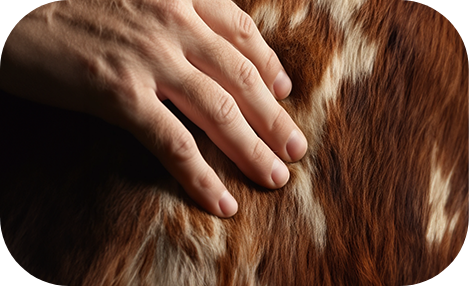 1
1Together with our colleagues of the JBS beef business units, Academia and Third Sector to create, accelerate and support research and scaling of better farming practices.
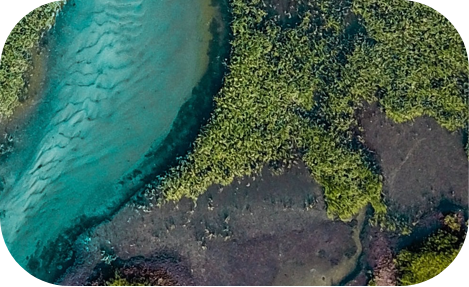 2
2Internally to reduce the use, and in collaboration with suppliers to use better chemicals (check out the Responsible Tanning Chemistry (RTC) platform)
Visit RTC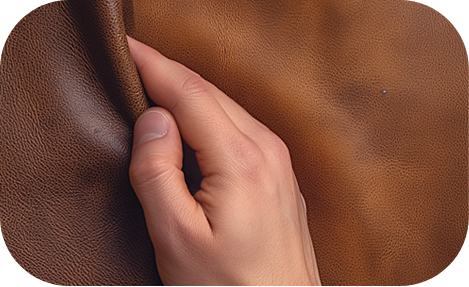 3
3Focusing on helping our customers maximize the utilization rate in their leather cutting facilities while generating more coproducts for the food and pharmaceutical industries are core and fundamental principles of Kind Leather.
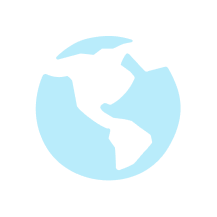



We strongly believe that the future we want can only be built if we make assertive decisions with our limited resources. For this reason, JBS Couros has implemented a Life Cycle Perspective culture, using quantifiable approaches to identify the sources of impact and conceive action plans as efficiently as possible.
In this journey, +40 ISO 14040 compliant Life Cycle Assessments (LCAs) were completed on several different types of leather, allowing for a detailed vision of the hot spots and on how to move forward.
A primordial factor for the measurement of success of our business is the ability to ensure that our raw materials are responsibly sourced.
Although we work with different sources of hides (Argentina, Brazil, Europe and the USA), Brazilian hides make up a large part of our production. For these Brazilian hides, we have an advanced farm chain monitoring system, ensuring that our raw materials come from responsible sources.
The farmer registers the limits of his property
Through a database generated by INPE (National Institute for Space Research) it is possible to identify deforested areas, even in the initial stage of illegal deforestation.
We cross the databases and block any supplier that does not ahere to our criteria However, illegal deforestation is not the only irregularity for which we black suppliers, in addition, the purchasing policy requires that supplying farms:
Our hides are physically stamped and traceable back to the supplying farms and processing facilities through the JBS360 Leather ID. Openly available for anyone to use, JBS360 allows for greater transparency and connection within our supply chain.
Visit JBS360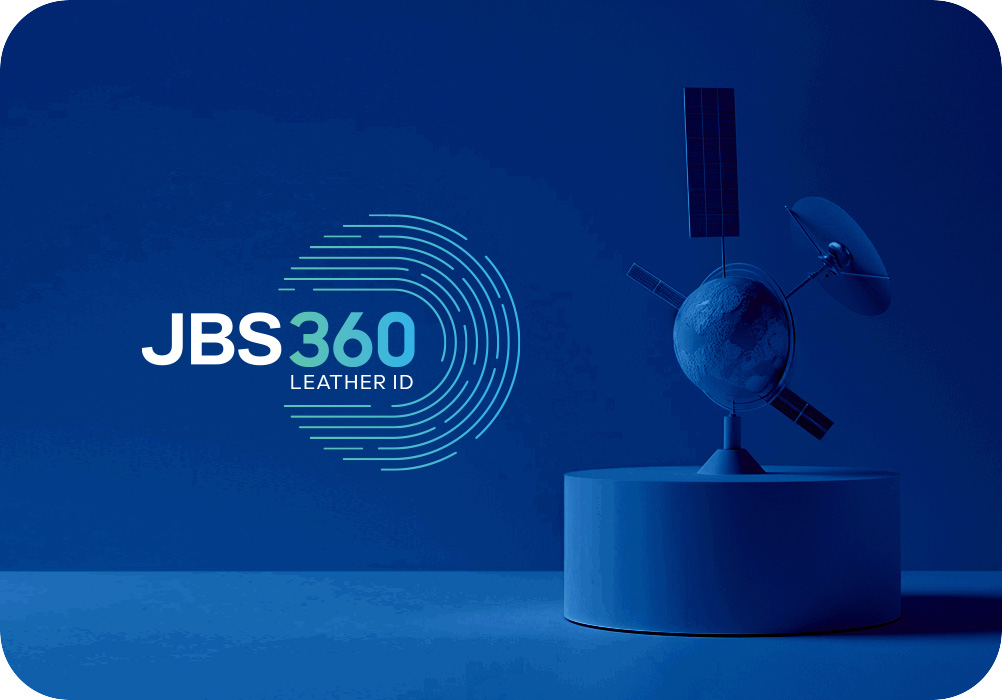
An integral product is one that meets the highest standards of quality, sustainability and food safety.
JBS is committed to ensuring adherence to its Animal Welfare Policy in all its businesses. This involves a continuous strive to implement emerging solutions and best-in-class practices.
Download PDFDedicated Animal Welfare teams across the different business units allows for an aligned effort towards sectorial leadership in animal welfare.